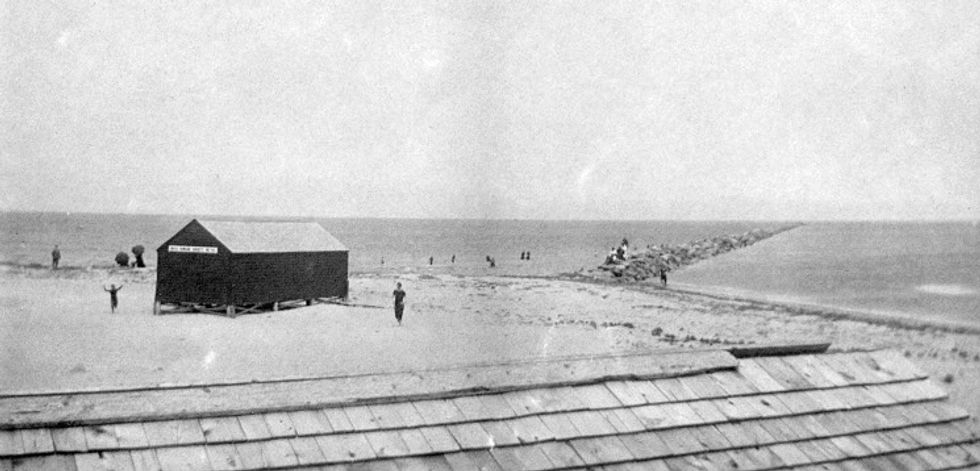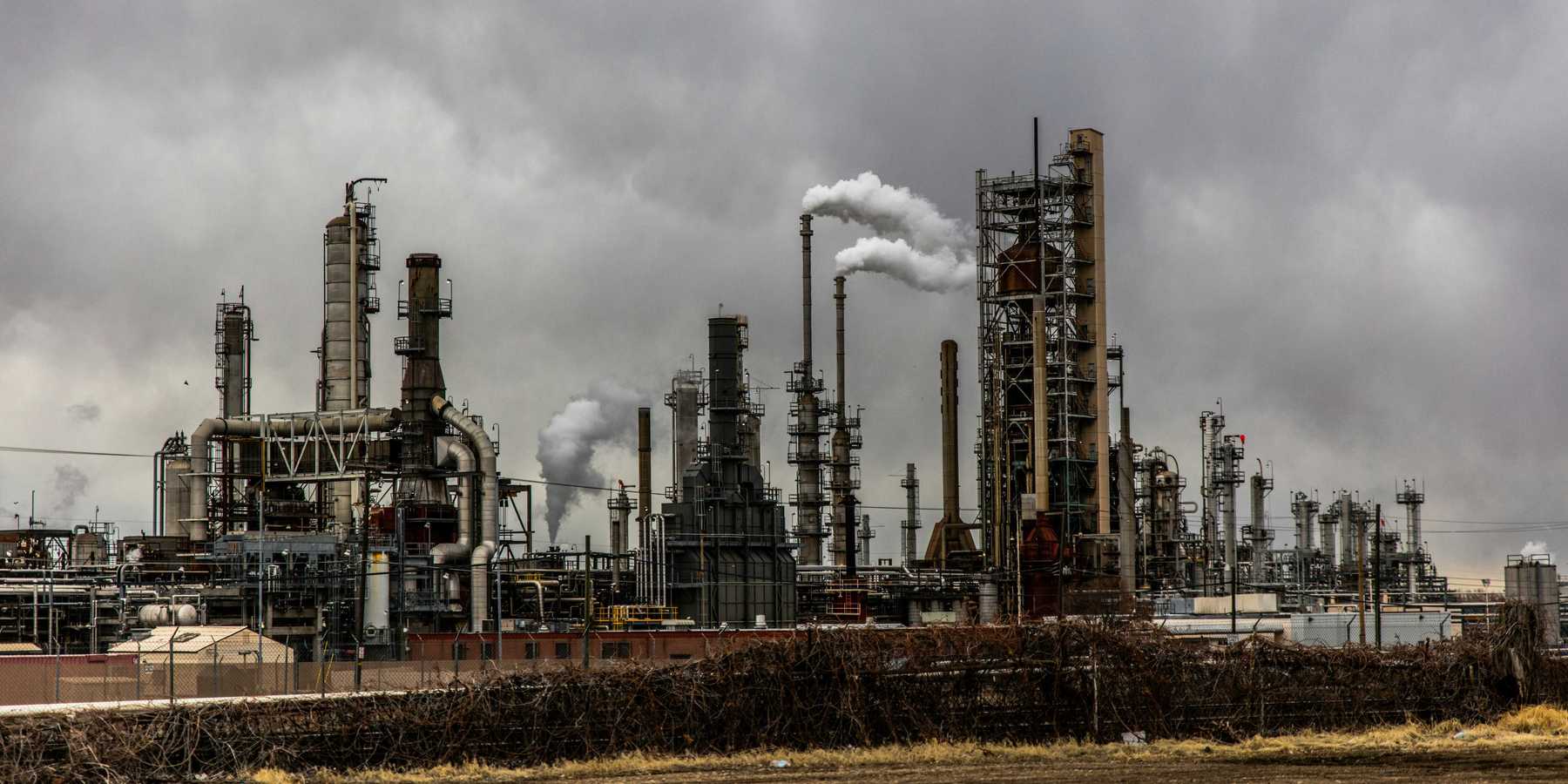
Peter Dykstra: Your Environment 101 syllabus
I've often wondered what it would be like to teach a class based on my life immersed in environmental issues. Lucky for you, I have my own column.
I've struggled with getting to sleep my entire life. The only things that ever reliably worked for me were college lectures—up all night in the dorm, then lights out for Comparative Biology 101.
I've nevertheless often wondered what it would be like to teach a class based on my life immersed in environmental issues – maybe a survey course in how we got where we are, for better or worse.
My course syllabus would be books from the past decade, or the past century or so that collectively tell the story about the environment and environmentalism.
Please bring this list to the campus bookstore.
Two also-rans that are immortal

Humane House on Cape Cod. (Credit: The Thoreau Society)
Most people know Henry David Thoreau and Rachel Carson for their most impactful books, Walden and Silent Spring, respectively. But Thoreau's Cape Cod and Carson's The Sea Around Us are giants in their own rights.
Cape Cod is Thoreau's chronicle of his 30-mile walk up the outer beach of one of the world's most famous sandbars. He encounters shoreline wildlife and local characters, most notably the "mooncussers."
They're so-named because they hate full moon nights, which produce fewer shipwrecks to loot. Mooncussers are no more, but the beach from Monomoy to Provincetown has remained remarkably unchanged in the 154 years since Thoreau made his hike, thanks largely to the Cape Cod National Seashore's protection from development.
The biggest change is that the shoreline has moved inland as much as a half mile in places, a natural erosion process hastened by climate change.
More than a decade before Silent Spring, Rachel Carson wrote The Sea Around Us, the middle entry in a trilogy of books about the ocean.
Written with a sense of awe about seas, which were still largely unexplored, Carson is a bit less of a science journalist and more of a muse than in her more famous work.
Just imagine curling up by the fireplace with the ocean.
Doubt merchants and spring chasers

Naomi Oreskes at University of Washington in 2016. (Credit: University of Washington)
The Sea Around Us was merely a best seller. Silent Spring gave Carson a prominent place on the enemies list of petrochemical makers and users worldwide.
Their tactics were dragged out into broad daylight in Merchants of Doubt, the spectacular 2010 book by Naomi Oreskes and Erik Conway. The authors trace the chilling similarities in the backlash campaigns against the scientific evidence on DDT, tobacco, acid rain and climate change.
Dealing from the same playbook, the same scientists and demagogues have saved billions for polluters by injecting doubt into policy debates.
For a respite from the cynicism and dirty dealing of politics, Bruce Stutz's book Chasing Spring follows the author on a safari for a season. He starts in February in the Gulf of Mexico, as migratory birds start their journeys north, through fields of wildflowers and blooming trees across North America and up to the Arctic Circle, when late spring days mean 24 hours of daylight.
Stutz weaves climate change lessons throughout his flings.
And rounding out the list ...
For sheer Man versus Nature adventure, it's unlikely that the fiction world could ever outdo Ernest Shackleton and his Antarctic explorers aboard the HMS Endurance.
With their 1914 expedition literally crushed in shifting ice floes, several books follow the crew's miraculous two-year fight to survive. Arguably the best of the many books on the topic is Endurance: Shackleton's Incredible Voyage by Ernest Lansing.
That a Hollywood blockbuster hasn't yet been made about this story is almost as big a miracle as the Shackleton story itself.
Private Empire by Steve Coll hardly mentions climate change, but in an important way, it's a vital work in explaining what advocates of action on climate change are up against. Coll's 2012 sweeping portrait of ExxonMobil as more of a nation-state than a company shows how diplomacy by actual nations is no match for Exxon's clout. While the book predates most of Rex Tillerson's decade at Exxon's helm, it helps explain why he was an easy pick to be Trump's first Secretary of State.
And since it's Pulitzer season, let's not forget 2013's Toms River. Dan Fagin won a Pulitzer for his masterful storytelling, weaving the history of the use of toxic chemicals in industry with the travails of a New Jersey industrial town. Never before has a writer succeeded in tracing a clear path from 16th century chemistry to 20th century cancer clusters.
And to round things out, how about A Fierce Green Fire, in which Phil Shabecoff traces the history of the modern environmental movement.
Shabecoff, an environment reporting pioneer at the New York Times, follows monolithic groups like The Sierra Club and local heroes like Lois Gibbs, a housewife who turned hellraiser when horrific pollution was found beneath her Love Canal, New York neighborhood.
There we have it, a fairly concise syllabus for how we got to where we are.
For the record, I'd save the Bill McKibbens and John MacPhees for the graduate level courses.
What books are in your Environment 101 syllabus? We'd love to hear from you.
Send your book suggestions and why you chose them to pdykstra@ehn.org or bbienkowski@ehn.org.













